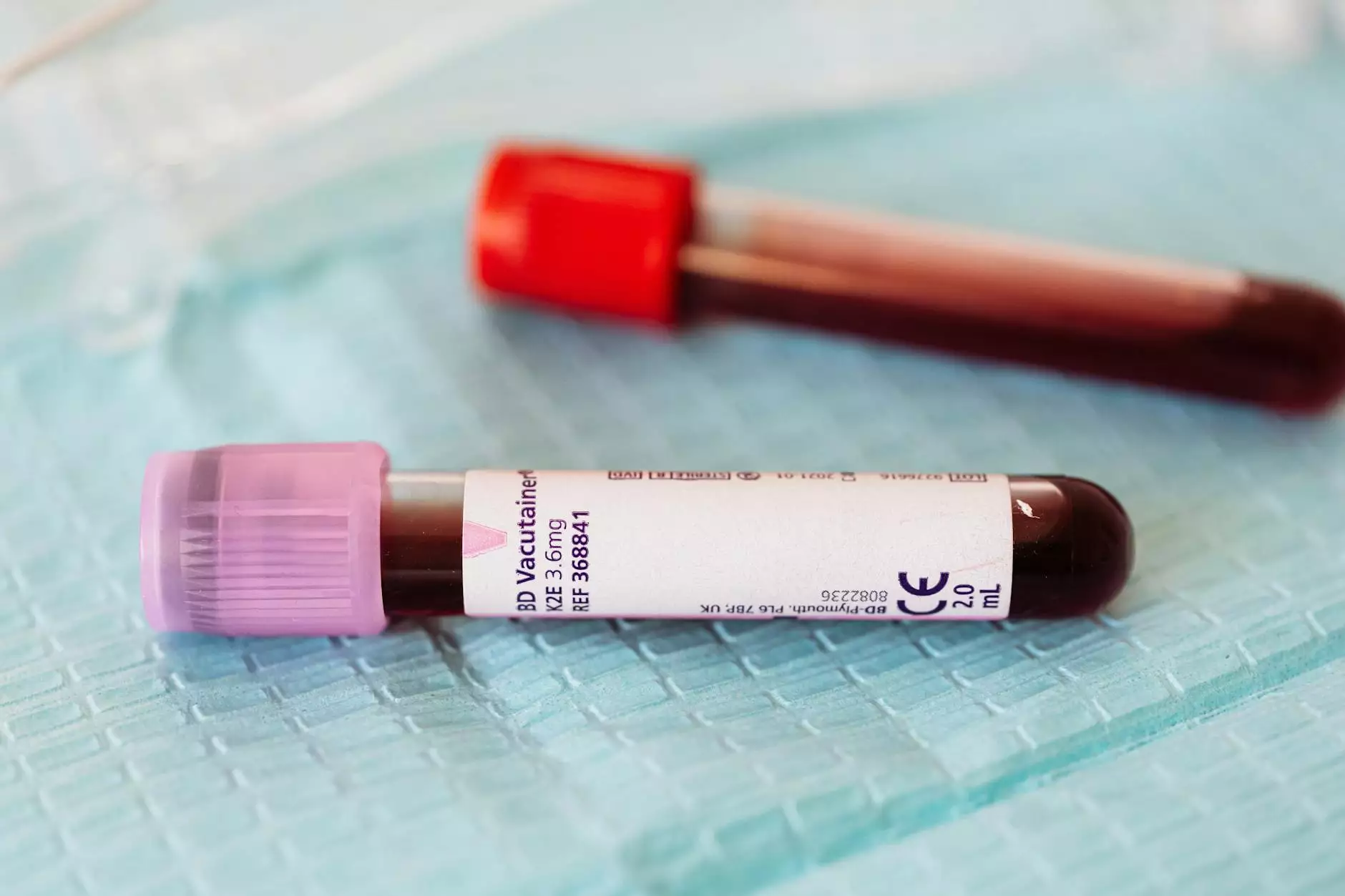Unlocking Careers: A Guide to Biomedical Engineering Vacancies

The field of biomedical engineering is rapidly expanding, creating a multitude of exciting job opportunities. As technology advances and healthcare continues to evolve, the demand for professionals who can bridge engineering and medical knowledge is at an all-time high. This article delves deep into the world of biomedical engineering vacancies, exploring the roles available, qualifications needed, and tips for landing your dream job.
What is Biomedical Engineering?
Biomedical engineering is an interdisciplinary field that applies principles of engineering and biological sciences to create solutions for medical challenges. Professionals in this field design medical devices, develop computer systems for health care, and create innovative solutions that improve patient care.
The Importance of Biomedical Engineering in Healthcare
The contributions of biomedical engineers are vital to modern healthcare. They play a crucial role in:
- Device Design: Creating life-saving medical devices such as pacemakers, imaging machines, and prosthetics.
- Research and Development: Innovating new technologies that lead to breakthrough treatments and procedures.
- Quality Assurance: Ensuring that medical technologies meet regulatory standards and are safe for public use.
Current Trends in Biomedical Engineering Vacancies
The job market for biomedical engineers is influenced by several trends:
- Technological Integration: Increased integration of technology in healthcare means more opportunities in software engineering and data analysis within the medical field.
- Regenerative Medicine: The growth in regenerative medicine and biotechnology is creating new roles focused on tissue engineering and biomaterials.
- Aging Population: With an aging population, there is a heightened demand for healthcare solutions, boosting job prospects for biomedical engineers.
Types of Positions Available in Biomedical Engineering
The field is diverse, and here are some of the most popular positions you can find under the banner of biomedical engineering vacancy:
1. Biomedical Device Engineer
These engineers design and test medical devices, ensuring they meet safety standards and function as intended.
2. Clinical Engineer
Clinical engineers work within healthcare settings, focusing on the management and maintenance of medical equipment.
3. Research Scientist
These professionals conduct research to develop new technologies and improve existing medical solutions.
4. Quality Assurance Engineer
Quality assurance engineers ensure that biomedical products comply with health regulations and performance standards.
Educational Requirements for Biomedical Engineering Careers
To dive into the world of biomedical engineering, it is crucial to have the right educational background:
- Bachelor's Degree: A foundational degree in biomedical engineering or a related field is essential.
- Master's Degree/Ph.D.: Advanced degrees can provide specialization and enhance career prospects.
- Internships: Practical experience through internships is invaluable and often necessary for entry-level positions.
Skills Required for Success in Biomedical Engineering
Successful biomedical engineers must possess a unique blend of skills, including:
- Technical Proficiency: A strong understanding of engineering principles and biological systems.
- Problem-Solving: The ability to analyze complex issues and devise innovative solutions.
- Communication Skills: Effective communication is crucial for collaborating with healthcare professionals and conveying technical information clearly.
Finding Biomedical Engineering Vacancies
As competition can be steep, effective job searching strategies are essential. Consider the following avenues to find opportunities:
- Job Boards: Websites specializing in engineering positions often list openings tailored to biomedical engineering.
- Company Websites: Many industry leaders post vacancies directly on their sites. Companies like Medtronic and Siemens Healthineers regularly seek talented biomedical engineers.
- Networking: Attend industry conferences and engage with professionals on platforms such as LinkedIn to discover unadvertised positions.
Preparing Your Application for Biomedical Engineering Jobs
Your resume and cover letter are your first impressions, so make them count. Here are some tips to enhance your application:
- Tailor Your Resume: Customize your resume for each job application, highlighting relevant experience and skills.
- Showcase Your Projects: Include details of relevant projects or research you have undertaken during your studies or previous jobs.
- Professional References: Having well-regarded professionals vouch for your skills can strengthen your candidacy.
Navigating the Interview Process
Once you've secured an interview, preparation is key. Here are some strategies:
- Research the Company: Understand the company’s products, values, and current projects to make a strong connection during the interview.
- Prepare for Technical Questions: Be ready to discuss technical concepts and even tackle problem-solving questions on the spot.
- Practice Behavioral Questions: Prepare for common interview questions such as your strengths, weaknesses, and experiences working in teams.
The Future of Biomedical Engineering
The future of biomedical engineering looks promising. With innovations in personalized medicine, wearable health technology, and telemedicine, the field is set to grow exponentially. For aspiring engineers, this means a wealth of opportunities waiting to be explored.
Conclusion
In conclusion, the biomedical engineering field offers a plethora of opportunities for motivated individuals ready to make a difference in the healthcare sector. With increasing demand for technology-driven solutions, understanding the landscape of biomedical engineering vacancies can pave the way for a fulfilling and impactful career. Embrace the challenge, equip yourself with the necessary skills, and take the first step toward your future in this exciting field.









